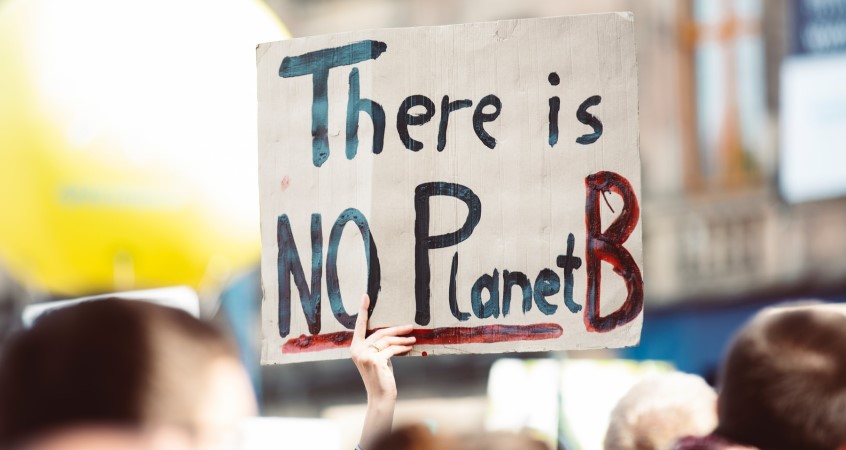
UN Environment Agency: Far Too Little Progress in Climate Plans
In one year, governments worldwide have made far too little progress in improving their climate plans, the United Nations Environment Agency (UNEP) said in a report on Thursday.
New plans have been announced since the climate summit in Glasgow last year; together, and they lead to less than a 1 percent extra reduction of greenhouse gases. “Hopelessly inadequate,” UNEP said.
UNEP calls it a “wasted year”. To limit global warming to 2 degrees Celsius or 1.5 degrees, greenhouse gas emissions must be reduced by at least 30 to 45 percent by 2030. However, with the current climate promises made by countries, that goal agreed upon in the Paris Climate Agreement is far from being achieved.
The agency has calculated that the agency has calculated the temperature is rising with current promises of 2.4 or 2.6 degrees compared to the pre-industrial era. However, under the current climate policies, the earth will warm by 2.8 degrees. That shows the difference between commitments made and actual action, UNEP says in the so-called Emissions Gap Report.
There is currently no “credible route to 1.5 degrees”, according to the environmental agency. However, the risks increase if the earth warms more than 1.5 degrees. This concerns, for example, extreme weather or severe drought. The ice in Antarctica and Greenland will also melt faster, and more animal and plant species may become extinct.
UNEP believes rapid system change is necessary to achieve its goals on a large scale. “Every fraction of a degree matters: to vulnerable communities, animals and plants, ecosystems and every one of us,” says environmental agency chief Inger Andersen. “Even if we don’t meet our 2030 targets, we should try to get as close to 1.5 degrees as possible.” The aim is to have reduced emissions to net zero by 2050: all emissions that are still there should be collected.
UNEP says a rapid transformation is needed in the electricity supply, industry, transportation, food, and financial systems. This should help to prevent a climate disaster, according to the agency. This concerns, for example, the use of renewable energy and more investment in projects that combat climate change.


